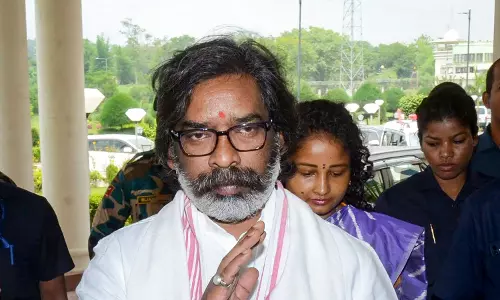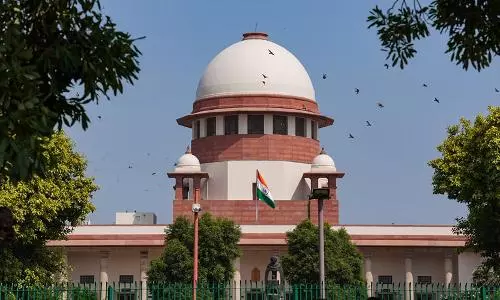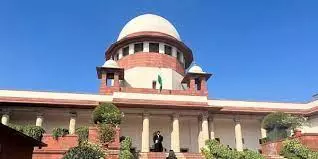
No need for direct evidence to convict Govt servants in corruption case: SC
text_fieldsNew Delhi: The government servants who have been accused of illegal gratification can be convicted even with the circumstantial evidence, the Supreme Court observed saying there is no need for direct oral or documentary evidence against them.
A five-judge Constitution bench headed by Justice S A Nazeer said complainants as well as the prosecution should make sincere efforts so that corrupt public servants are brought to book and convicted so that the administration and governance become unpolluted and free from corruption.
"In the absence of evidence of complainant (direct or primary), it is permissible to draw an inferential deduction of culpability," the bench, also comprising justices B R Gavai, A S Bopanna, V Ramasubramanian and B V Nagarathna, said.
The top court said that even if direct evidence of the complainant is not available, owing to death or other reasons, there can be a conviction of the public servant under the relevant provisions.
"In the event, the complainant turns hostile or has died or is unable to let in his evidence during the trial, the demand of illegal gratification can be proved by letting in the evidence of any other witness either orally or documentary evidence or the prosecution can prove the case by circumstantial evidence.
"The trial does not abate nor does it result in an order of acquittal of the public servant," the bench said.
The apex court's verdict came while examining the issue of whether, in the absence of direct or primary evidence of demand of bribe, inferential deduction of guilt of a public servant can be drawn based on other evidence.
PTI Input























